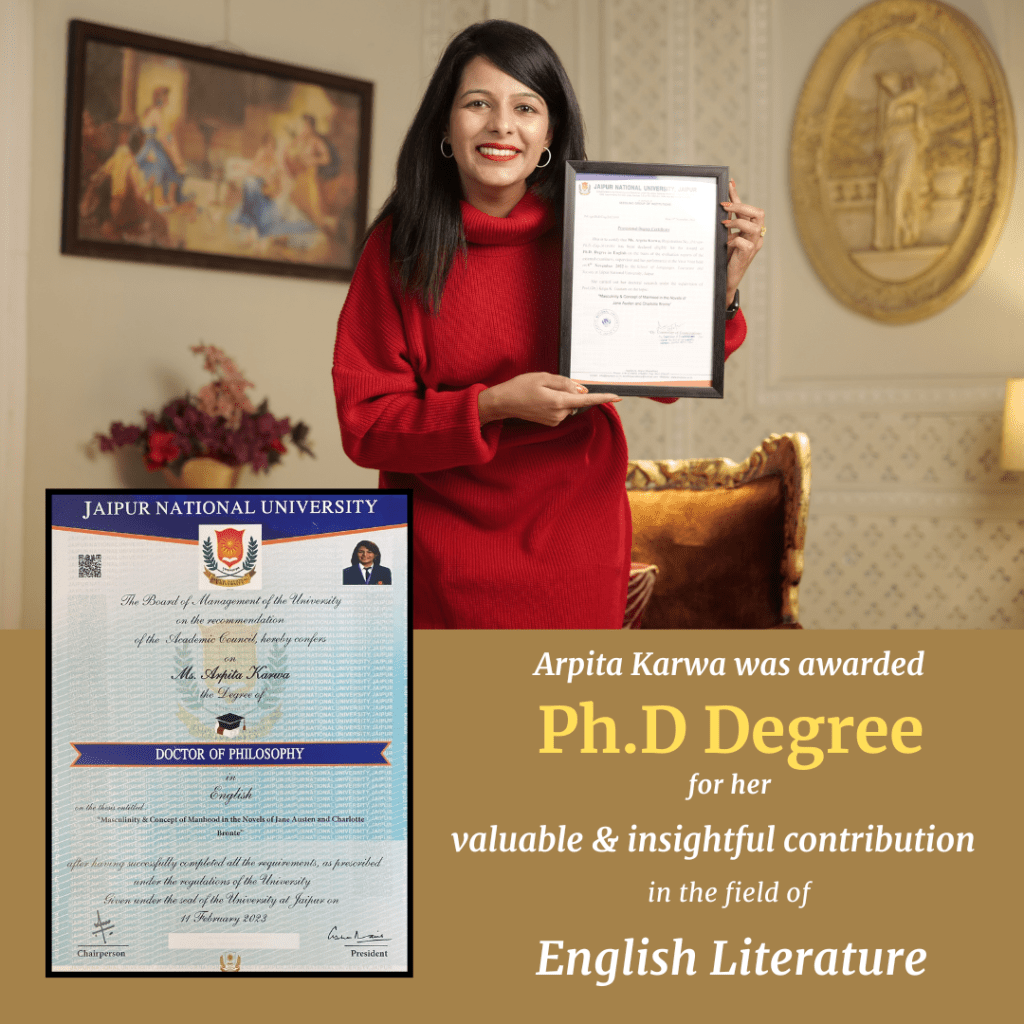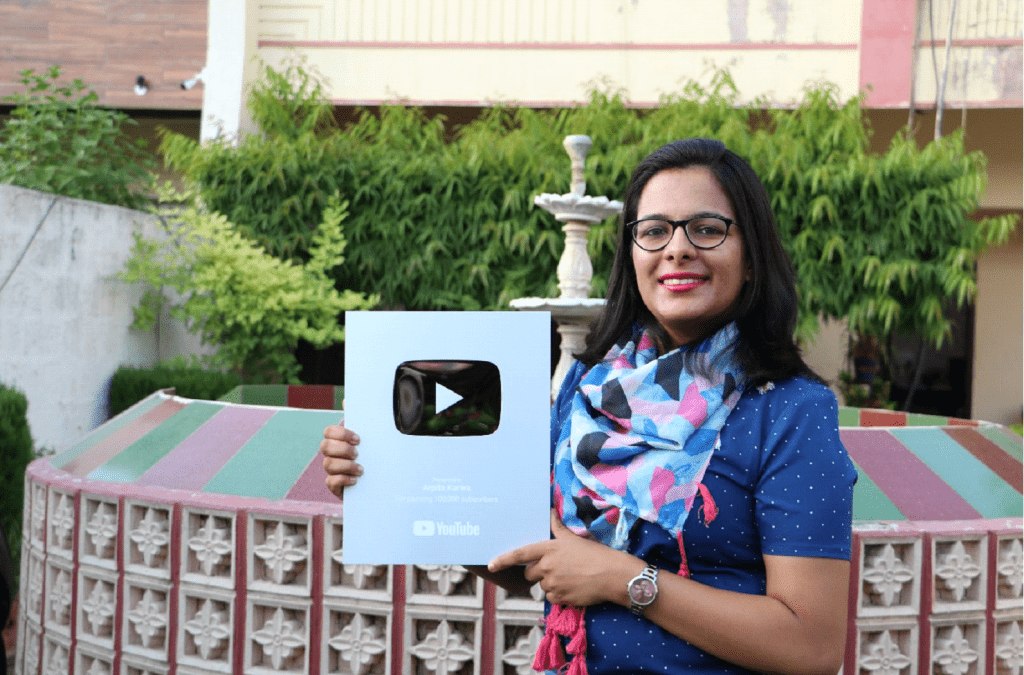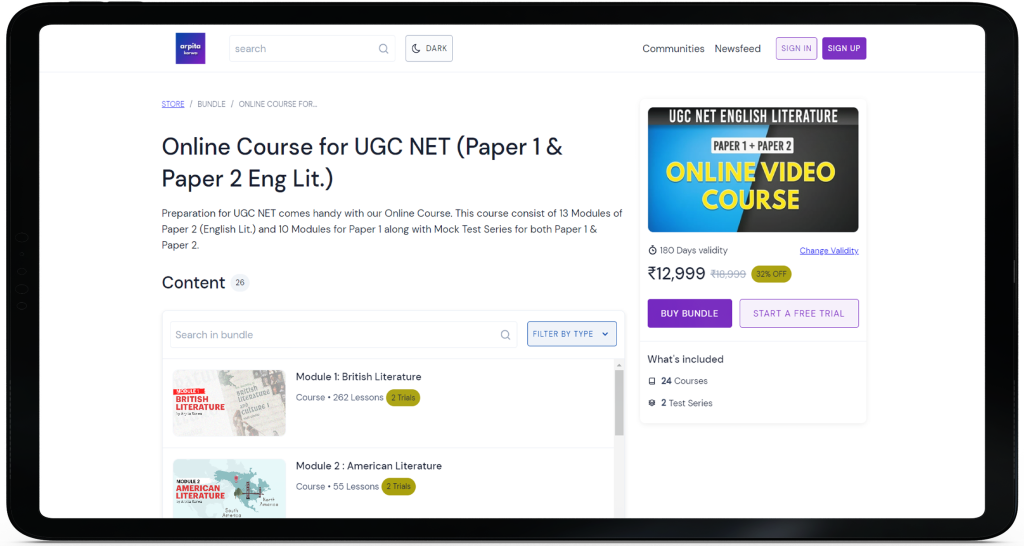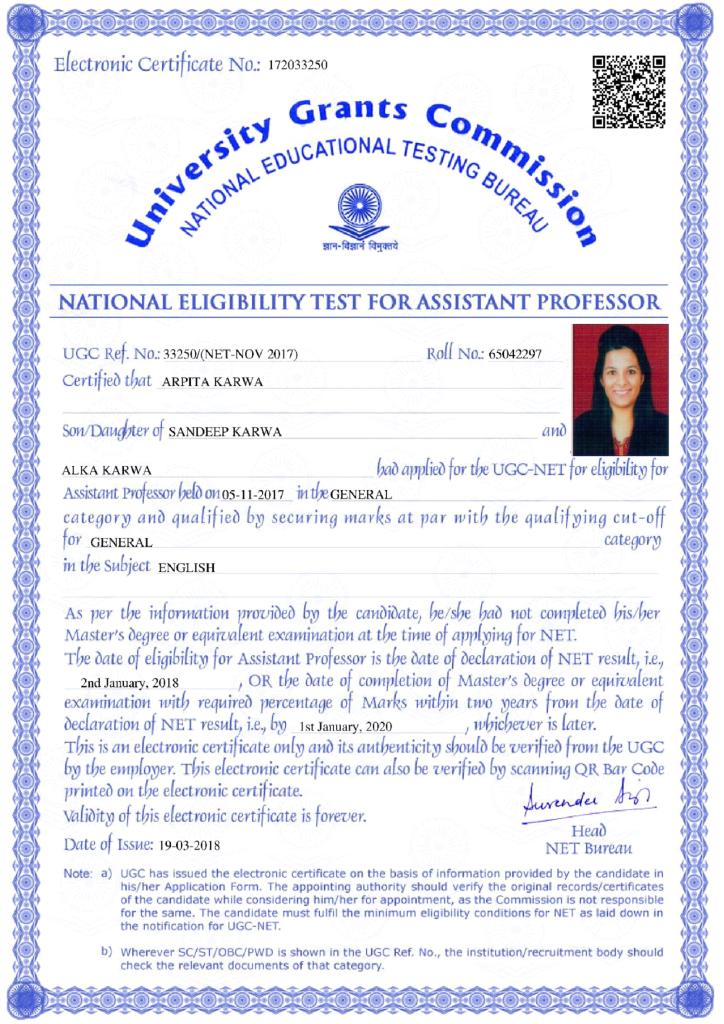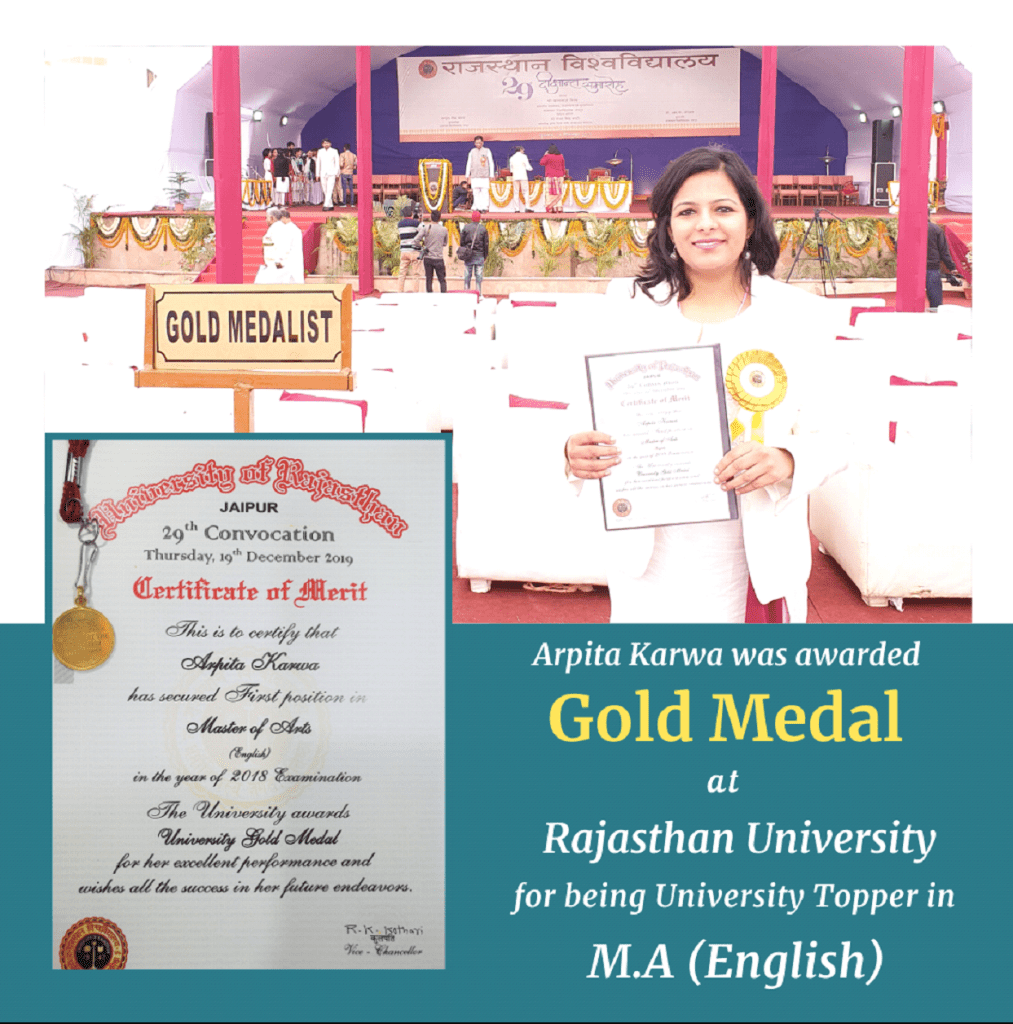October 2022 : Paper 1 (Conducted on 10th Oct 2022 : Evening Shift)
June 19, 2023 2025-08-19 9:48October 2022 : Paper 1 (Conducted on 10th Oct 2022 : Evening Shift)
October 2022 : Paper 1 (Conducted on 10th Oct 2022 : Evening Shift)
Q.1-5)
Q.1) The adult population of City C is-
[1] 67452
[2] 68264
[3] 66266
[4] 69268
Correct Answer: 1
Q.2) The population of City A as a percentage of the population of City D is, approximately:
[1] 118%
[2] 124%
[3] 125%
[4] 127%
Correct Answer: 2
Q.3) The non-adult population of City F is
[1] 33448
[2] 32040
[3] 30102
[4] 31416
Correct Answer: 4
Q.4) The adult population of City B and City C together as a percentage of the population of all six cities together is, approximately
[1] 18%
[2] 21%
[3] 25%
[4] 27%
Correct Answer: 2
Q.5) The population of City D is approximately __ more than the population of City E.
[1] 8%
[2] 10%
[3] 14%
[4] 16%
Correct Answer: 1
Q.6) In the Four-Quadrant format of MOOCs, which of the following facilitates interactions among learners and course coordinators?
[1] Videos
[2] Assessments
[3] Reading material
[4] Discussion forum
Correct Answer: 4
Q.7) Which of the following is a graphical tool for organising and representing knowledge?
[1] Concept maps
[2] Lesson plan
[3] Summary
[4] Diagram
Correct Answer: 1
Q.8) Which of the following is a learner-centered method?
[1] Inquiry approach
[2] Lecture method
[3] Demonstration method
[4] Team teaching
Correct Answer: 1
Q.9) A teacher can have a satisfying teaching profession when s/he
[1] is more qualified than his/ her colleagues.
[2] is close to higher authorities.
[3] has good control over the students.
[4] commands respect from the students.
Correct Answer: 4
Q.10) Which of the following scales of measurement is synonymous to ranking or grading?
[1] Nominal scale
[2] Ordinal scale
[3] Interval Scale
[4] Ratio Scale
Correct Answer: 2
Q.11) Population census can be an example of-
[1] Historical Study
[2] Case Study
[3] Longitudinal Study
[4] Experimental Study
Correct Answer: 3
Q.12) An analysis of the subject’s life for meaning has the focus of-
[1] Structuralism
[2] Pragmatism
[3] Sociology
[4] Phenomenology
Correct Answer: 4
Q.13) Which of the following are the characteristics of case study research?
A. It is simulated in a laboratory.
B. It is particularistic.
C. It is descriptive.
D. it is inductive.
E. It is disruptive.
[1] A B and C only
[2] B, C and D only
[3] C, D, and E only
[4] A B and E only
Correct Answer: 2
Q.14) Which of the following are included in a research article?
A. Introduction
B. Data
C. Data analysis and results
D. Foreward
E. Letter of recommendation
[1] A B and C only
[2] B, C, and D only
[3] C, D, and E only
[4] A, B, and E only
Correct Answer: 1
Q.15) Statement I: Exploratory research is conducted for data indications.
Statement Il The goal of exploratory research is to gather final data to find out causality.
[1] Both Statement I and Statement II are true
[2] Both Statement I and Statement II are false
[3] Statement I is true but Statement Il is false
[4] Statement I is false but Statement II is true
Correct Answer: 3
Q.16) The phenomenological interpretation in communication involves-
[1] Collective experience
[2] Secondary experience
[3] Personal experience
[4] Indirect experience
Correct Answer: 3
Q.17) In communication, the test of parsimony will have the element of-
[1] Logical simplicity
[2] Complex validity
[3] Susceptible generalisability
[4] Abstraction
Correct Answer: 1
Q.18) Which of the following are the key features of linear model of communication?
A. One-way communication
B. Manipulated feedback
C. Absence of noise
D. Used for mass communication
E. Sender-centric communication
[1] A B and C only
[2] B, C, and D only
[3] D, C and E only
[4] A, D and E only
Correct Answer: 4
Q.19) Statement I: Non-verbal signals are used to emphasize and support verbal communication.
Statement Ii: Non-verbal signals are not a substitute for verbal communication.
[1] Both Statement I and Statement Il are true
[2] Both Statement I and Statement Il are false
[3] Statement I is true but Statement II is false:
[4] Statement I is false but Statement Il is true
Correct Answer: 3
Q.20) Match the column:
LIST 1: Discipline
A. Anthropology
B. Sociology
C. Psychology
D. Management
LIST 2: Focus of Communication Process
I. motivation
II. system
III. culture
IV. society
[1] A-II B-III C-IV D-I
[2] A-III B-IV C-I D-II
[3] A-I B-II C-III D-IV
[4] A-IV B-I C-II D-III
Correct Answer: 2
Q.21) If ‘BEAUTIFUL’ is coded as ‘ADZTSHETK’ in some coding scheme, then how will ‘HANDSOME’ be coded in the same scheme?
[1] GBMETOLD
[2] GZMCRNLD
[3] IZMCRPNF
[4] IBMCTPNF
Correct Answer: 2
Q.22) The average of prime numbers between 1 and 20 is:
[1] 9.525
[2] 8.625
[3] 9.625
[4] 8.525
Correct Answer: 3
Q.23) If the selling price of 10 articles is equal to the cost price of 15 articles, what is the profit percentage?
[1] 50
[2] 40
[3] 45
[4] 33.33
Correct Answer: 1
Q.24) A certain sum of money on a certain annual rate of interest becomes 1008 in 2 years and 1164 in 3 1/2 years. Find the sum and the annual rate of interest.
[1] 800, 12%
[2] 875, 12.5%
[3] 850, 12%
[4] 800, 13%
Correct Answer: 4
Q.25) Find the next term in the series given below
4, 16, 8, 64, 12, 256, 16, 1024, 20,?
[1] 4096
[2] 24
[3] 320
[4] 4100
Correct Answer: 1
Q.26) If the statement, “All human beings are mortal” is given as true, which of the following can be inferred from it to be true?
[1] Some human beings are mortal.
[2] No mortals are non-human beings.
[3] Some non-mortals are human beings.
[4] Some non-human beings are not mortal.
Correct Answer: 1
Q.27) Match the column:
(OBVERTED)
A. All S is P
B. No S is P
C. Some S is P
D. Some S is not P
(OBVERSE)
i. Some S is non-P
ii. No S is non-P
iii. All S is non-P
iv. Some S is not non-P
[1] A-i B-iii C-iv D-ii
[2] A-ii B-iii C-i D-iv
[3] A-ii B-iii C-iv D-i
[4] A-iii B-ii C-iv D-i
Correct Answer: 3
Q.28) Which logical informal fallacy is committed in the following argument?
“The maths teacher said that there was to be no talking during the test. So it is fair that Chandni had points deducted for asking to go to the washroom because she felt sick.
[1] Appeal to force
[2] Appeal to emotion
[3] Appeal to authority
[4] Fallacy of accident
Correct Answer: 4
Q.29) Which of the following statements are true regarding Nyaya’s logic?
A. Inference s from the universal to the particular only.
B. Inference is from the particular to the universal only.
C. Inference is from the particular to the particular only.
D. Inference s from the particular to the particular through the universal.
[1] D only
[2] A only
[3] A and B only
[4] B and D only
Correct Answer: 1
Q.30) Which of the following inferences are based on causation according to Nyaya view of inference?
A. Inferring future rain from the dark clouds
B. Inferring past rain from the swift muddy water in the river
C. Inferring cloven hoofs of an animal by its horns
D. When we infer somebody’s existence outside of his house since the person s not concurrently present in his house
[1] A and C only
[2] C and D only
[3] A and B only
[4] B and C only
Correct Answer: 3
Q.31) Computers have evolved from the early mainframes to the relatively small smart devices with high computing power used today. Which of the following inventions contributed to reduce the physical size of computers?
[1] Vaccum tube
[2] Integrated circuits
[3] Registers
[4] Solid state memory
Correct Answer: 2
Q.32) Which of the following are broad functions of an Operating System in computers?
A. Handling of files and folders
B. Converting from high-level language to low-level language
C. Interfacing between user and hardware
D. Helping to run application software
[1] A, C and D only
[2] B, C and D only
[3] A and C only
[4] A, B, C and D
Correct Answer: 1
Q.33) Statement I: The contents of most forms of RAM are volatile, thus making them unsuitable for long-term data storage.
Statement II: Hard disk has faster access of data in comparison to RAM as well as processor registers.
[1] Both Statement I and Statement Il are true
[2] Both Statement I and Statement Il are false
[3] Statement I is true but Statement Il is false:
[4] Statement I is false but Statement Il is true
Correct Answer: 3
Q.34) Which of the following statements is/are correct?
A. Digital governance has been legalized by the IT Act (2000) in India.
B. IT Act is a watershed in conceptualizing administrative reforms in India.
C. Digital governance is a boon in curbing bureaucratic red-tapism.
[1] B and C only
[2] B only
[3] A and C only
[4] A, B and C
Correct Answer: 4
Q.35) Match the column:
A. Privacy
B. Accuracy
C. Property
D. Accessibility
I. responsibility of data collector to ensure accuracy
II. responsibility of data collector to control
III. collection and use of data about individuals
IV. data ownership and software usage rights
[1] A-III B-I C-IV D-II
[2] A-IV B-I C-II D-III
[3] A-I B-III C-II D-IV
[4] A-III B-I C-II D-IV
Correct Answer: 1
Q.36) The substance that slows down the neutrons to have controlled chain reaction during nuclear energy production is called as-
[1] Controller
[2] Inhibitor
[3] Moderator
[4] Reducer
Correct Answer: 3
Q.37) Which of the following pollutants is considered as surrogate for eye irritation?
[1] Nitrogen dioxide
[2] Sulphur dioxide
[3] Carbon monoxide
[4] Ozone
Correct Answer: 4
Q.38) Statement I: Pesticides such as DDT are particularly disruptive to food chains.
Statement II: Pesticides are very persistent and soluble in water.
[1] Both Statement I and Statement Il are correct
[2] Both Statement I and Statement Il are incorrect
[3] Statement I is correct but Statement II is incorrect
[4] Statement I is incorrect but Statement Il is correct
Correct Answer: 3
Q.39) Statement I: Global warming could lead to increased release of the greenhouse gas, Methane.
Statement Il: There is a large amount of Methane currently frozen in the permafrost in the far northern regions of the world.
[1] Both Statement I and Statement I are correct
[2] Both Statement I and Statement Il are incorrect:
[3] Statement I is correct but Statement II is incorrect
[4] Statement I is incorrect but Statement Il is correct
Correct Answer: 1
Q.40) Statement I Biodiesel can reduce Sulphur emissions significantly in comparison to gasoline.
Statement Il: Energy density of biodiesel is much less than that of ethanol.
[1] Both Statement I and Statement || are true
[2] Both Statement I and Statement Il are false
[3] Statement I is true but Statement I is false:
[4] Statement I is false but Statement Il is true
Correct Answer: 3
Q.41) The National Education Policy, 2020 envisages that all higher education institutions will be incentivized, supported, and mentored and shall aim to become autonomous; and have an empowered Board of Governors by the year
[1] 2025
[2] 2030
[3] 2035
[4] 2040
Correct Answer: 3
Q.42) Who among the following was the Chairperson of the Committee set up by the National Council for Women Education in 1962 to examine the differentiation of curriculum for boys and girls at all stages of education?
[1] Bhaktavatsalam
[2] Hansa Mehta
[3] Durgabai Deshmukh
[4] Margaret Cousins
Correct Answer: 2
Q.43) The expenditure on research and innovation in India, at present, is only __ % of GDP.
[1] 0.20%
[2] 0.69%
[3] 1.31%
[4] 2.14%
Correct Answer: 2
Q.44) Statement I: To address inter-state variations at all levels of Education, it was brought on to the Concurrent list in the Constitution in 1976.
Statement II: The institutions approved under State Legislative Act are not empowered to award degrees.
[1] Both Statement I and Statement Il are true
[2] Both Statement I and Statement Il are false
[3] Statement I is true but Statement Il s false
[4] Statement I is false but Statement Il is true
Correct Answer: 3
Q.45) Match the column:
A. NIOS
B. NCTE
C. AICTE
D. NCVET
I. Teacher Education
II. Technical Education
III. Vocational Education
IV. Distance Education
[1] A-IV B-I C-II D-III
[2] A-I B-II C-III D-IV
[3] A-II B-III C-IV D-I
[4] A-III B-IV C-I D-II
Correct Answer: 1
Q.46-50)
Read RC Passage to Answer:
Scholars refer to the western perception of Third World societies. They discuss the same when raising the questions of who produces knowledge about Third World women.
An Indian scholar has discovered that women in the Third World are represented in most feminist literature on development as having ‘needs’ and ‘problems’ but few choices and no freedom to act. What emerges from such modes of analysis is the image of an average Third World woman constructed through the use of statistics and certain categories; It is said that an average Third World woman leads an essentially truncated life based on her feminine gender and her being ‘third world’ – ignorant, poor, uneducated, tradition bound, domestic, family-oriented and victimised. This is in contrast to the self-representation of western women as educated, modern with freedom to make their own decisions. These representations assume western standards as the benchmark against which to measure the situation of Third World women.
The result is paternalistic attitude on the part of western women toward their Third World counterparts. It is perpetuation of the hegemonic idea of west’s superiority. It is in this process of homogenisation and systematisation of the oppression of women in the Third World, that power is excercised in much of the western feminist discourse. This power needs to be redefined, because of its subjective nature of interpretation.
Q.46) The Western feminist literature depicts Third World women as having-
[1] Fewer choices and no freedom
[2] Greater support from external influences
[3] Benefits of modernisation
[4] Become amenable to western influence
Correct Answer: 1
Q.47) The Third World women have an image constructed through the parameters of-
[1] Compassionate representation
[2] Quantification and categorisation
[3] Geographical proximation
[4] Familial issues
Correct Answer: 2
Q.48) The westem women conisider themselves as-
[1] Saviours of oppressed women
[2] Agents of homogenisatian
[3] Modern and free
[4] Equally exploited like Third World women
Correct Answer: 3
Q.49) The western feminist literature looks at Third World women with-
[1] In-depth knowledge of their issues
[2] An urge to liberate them
[3] The need to enforce universal values
[4] Western standards as real benchmarks
Correct Answer: 4
Q.50) The passage is critical of-
[1] The submissive Third World women
[2] Modernised Western women
[3] Hegemonic ideas of western superiority
[4] Homogenisatien of feminist discourse
Correct Answer: 2
















